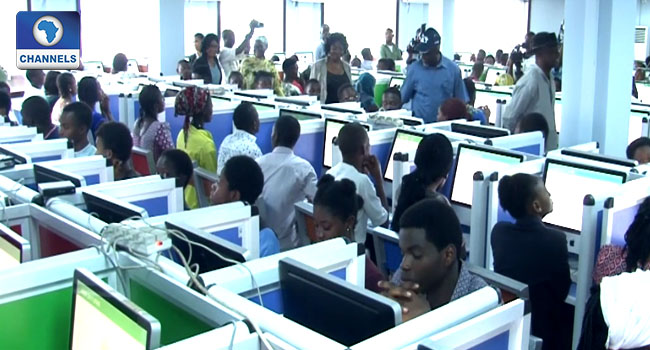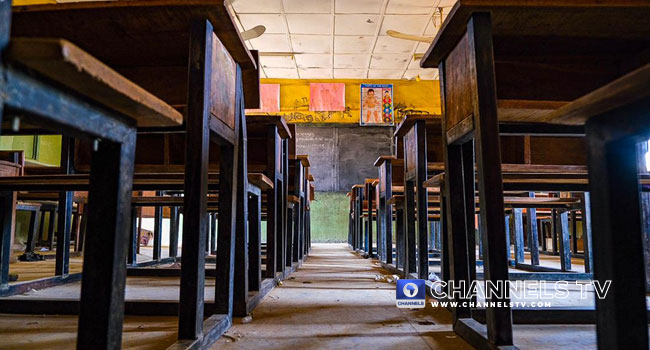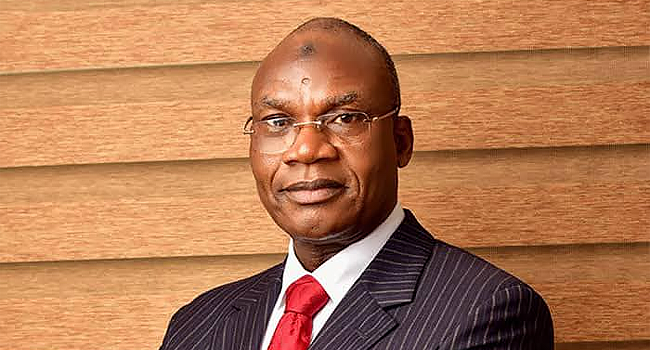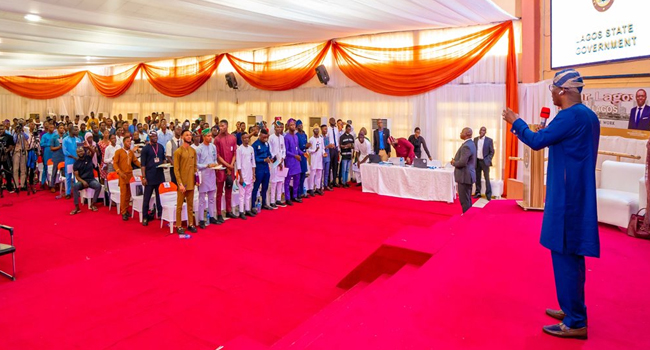The story of Nigeria’s educational sector has for years been tainted with industrial disputes and the ever-present scandal.
In this regard, the year 2018 was not any better than the previous years.
Though it wasn’t all gloom in the educational sector this year, Nigeria seems very far away from turning the sector into a seamlessly vibrant one.
Audit of Education Personnel
The year began with a national personnel audit carried out by the Federal Government as part of efforts to enable the government plan, monitor, and evaluate the basic education sector.
With Nigeria having about 10 million out of school children, the audit was imperative to ensure the establishment of a strong foundation for the emergence of a sound management information system within the basic education sector.
It was inferred that with the audit in both private and public schools, quality basic education will be availed for all Nigerian children.
Teachers Day and the Issue of Unqualified Educators
If the children would be taught effectively, then those who educate them would need to be better trained.
Thus, the Nigerian educators were not left out from the 2018 World teacher’s day celebration in which the Federal Government promised to improve teacher education through continuous professional development.
Decrying the acute shortage of trained and qualified teachers in the country, the Secretary to the Federation pledged at this year’s world teacher’s day celebration that the Federal Government is still “committed to the course of the teaching profession”.
Sex-For-Marks Scandal
Away from the basic education sector, the tertiary institutions did not fare so well in the year 2018.
One major reason a good report might not be made regarding tertiary education in Nigeria this year is the sexual scandals involving lecturers and students.
There were several reports of lecturers soliciting for sex in return for grades, a situation that called to question the quality of education being acquired by young people across the country.
A major case was that of Professor Richard Iyiola Akindele who was arrested and arraigned after an audio clip of him demanding sex from a student in exchange for marks went viral.
The disgraced former OAU lecturer was prosecuted by the Independent Corrupt Practices Commission (ICPC) on four charges which involved corruptly asking for sexual benefits from a student in a bid to fraudulently upgrade her result in Research Method, a course which she supposedly failed in 2017.
Suspended indefinitely and later dismissed, Akindele eventually pleaded guilty to the charges against him and was sentenced to spend two years in jail.
There were some other cases similar to that of Akindele, but most of them went under-reported with many of the victims shying away from coming all out with their testimony.
Unplanned Fee Hikes
With issues regarding national minimum wage still lingering, some Nigerian students were made to pay an increased school fee, with many having to pay through their noses.
Ahead of the new session in April, medical students at the University of Ibadan were asked to pay extra fees for accommodation.
The fees they were asked to pay was an increase of about 100 percent.
This caused the students to protest but the school authorities stuck to their guns despite the demonstrations.
There was a similar increase in fees for students at the Obafemi Awolowo University’s college of health sciences where a training fee was introduced, however, the move was countered by both students and student groups alike.
Strikes and the crippling effect on the education sector
Industrial actions have almost become synonymous with the Nigerian educational system, an unpleasant development which for years has undermined the system and kept students in school for far longer than they should.
While the first half of the year was relatively calm, the second half was laden with strikes, as university lecturers under the aegis of the Academic Staff Union of Nigerian Universities (ASUU) embarked on industrial action on November 4.
The action was to protest, among other things, the non-payment of earned allowances, university revitalisation and poor funding for state universities.
Following several meetings with the Minister of Labour and Productivity of which more than one was deadlocked, ASUU insisted that the union will have to wait to see how the Federal Government will deliver on its promises before taking any decision to suspend its actions.
On the heels of the ASUU strike, the leadership of colleges of education academic staff union who were on strike since September 2018 suspended their nationwide industrial action that crippled academic activities in colleges of education across the country for three months.
The national president of the association stated that the suspension of the strike action became necessary following the new commitment demonstrated by the government to resolve the issues that led to its industrial action.
While lecturers of the colleges of education called off their strikes the Academic Staff Union of Polytechnics announced a continuation of the indefinite strike action it began on December the 12th.
This is because the Federal Government and officials of the union failed to reach a truce during their meeting.
Although the Federal Government in October declared a state of emergency in the educational sector with effect from November 2018, the National Economic Council Presided by Vice President Osinbajo urged governors to do same in their respective states.
As Nigeria matches into a new year, the challenge of ending the industrial actions by the university and polytechnic lecturers and repositioning the educational sector will continue to remain a top priority for the Nigerian government and the people as a whole.




